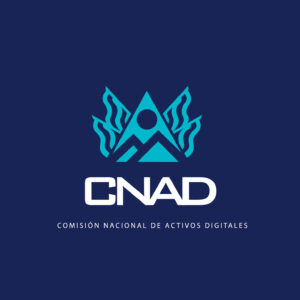In an increasingly digitalized world, the rise of digital assets has created significant opportunities, but has also posed challenges in terms of security for consumers and users. Protection against fraudulent and malicious activities has become a crucial priority in this ever-evolving ecosystem.
Digital assets, such as cryptocurrencies and other tokens, have seen a surge in adoption, attracting investors and scammers alike. Cases of fraud and malicious activities have been a cause for concern, affecting user trust and market integrity.
In response to these challenges, proactive measures aimed at safeguarding consumers have been implemented. In this sense, the National Commission for Digital Assets (CNAD), as the regulatory and supervisory body of digital assets in El Salvador, has strengthened its security policies, incorporating monitoring systems and robust protocols against money laundering and fraud, and has redoubled efforts to ensure compliance with the regulatory framework.
Despite progress, the path to full protection remains an ongoing challenge. Technological innovation is expected to continue playing a crucial role in improving safety.

